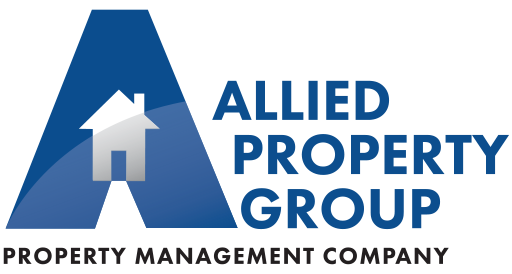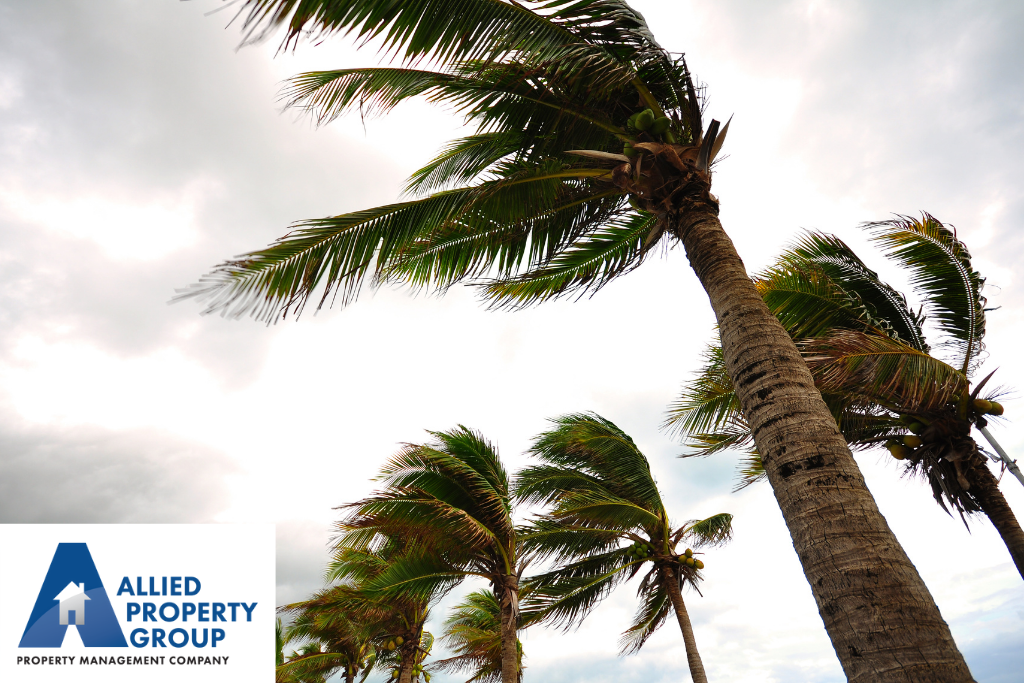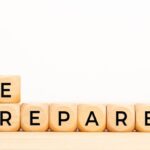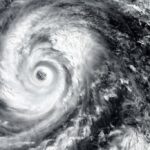Here we are, already a couple of weeks into hurricane season. With the NOAA predicting another active Atlantic hurricane season this year, has your association done everything it can to prepare? As an association board member, your duties include making sure the community is safe and secure from all types of disasters. Here are some tips to help ensure you do just that.
- Keep residents informed. Community members should receive and have access to regular hurricane status updates. Evacuation routes should be clearly posted so residents know what to do in an emergency. Post this information online, in newsletters, and throughout common areas. Make it as visible as possible.
- Distribute physical copies of important information. A power outage or internet disruption means people won’t have access to the community website. Send packets to residents with essential information like property manager contact information and the location of local food stores, shelters, and emergency departments.
- Create or restock an emergency preparedness kit. The kit should contain first-aid supplies, flashlights, water, batteries, other emergency items. Make sure you have sufficient quantities.
- Insurance records. Take photos and videos of your property before a hurricane. That way, you’ll be able to show inspectors and insurance agents the extent of the damage. Ensure all insurance policies are current and keep an emergency contact list nearby.
- Back up important data. All critical association computer files should be backed up to at least two other resources. One should be in the cloud. Print a list of what was backed up and a list of association vendors like roofing and cleanup companies. A printed list of contact information for residents is also a good idea. All essential community and board-related papers should be securely stored.
- Secure community facilities. You can minimize damage to your association’s facilities by covering windows and shutting the pool and water pumps down. You should also secure or bring inside any loose items that could be picked up and blown around by strong winds.
Pandemic-Related Precautions
Several sites across South Florida are still administering the COVID-19 vaccine to eligible individuals. Some counties, such as Miami-Dade, will shortly stop offering doses in state-supported vaccination sites as the area transitions to a more pharmacy-focused distribution model.Experts say people should add the COVID-19 vaccine to their hurricane preparedness checklist. With scientists predicting an above-average 2021 hurricane season, many people may need to evacuate to shelters. Those who do will be best protected if they’ve had their vaccination well in advance of any storm.Each South Florida county has put out a hurricane preparedness guide and we highly recommend residents and board members download their county’s edition. Some have made adjustments to previous years’ versions, such as recommending have a week’s worth of supplies on hand instead of three days. Hand sanitizer and masks are also on the new checklists. You can find the guides here:
The NOAA also puts out a helpful guide and recommends you check the CDC’s latest health and safety guidelines.
Develop a Hurricane Plan
Emergencies come in all shapes and sizes, and they occur when they’re least expected. Fortunately, forecasters can now better predict when and where a hurricane might strike. But knowing a storm is coming isn’t helpful if you haven’t planned what to do once it arrives. Every South and Southwest Florida association should be prepared to deal with damaged buildings, flooding, and other emergencies. Doing so minimizes a hurricane’s impact and keeps you and your residents as safe as possible.
